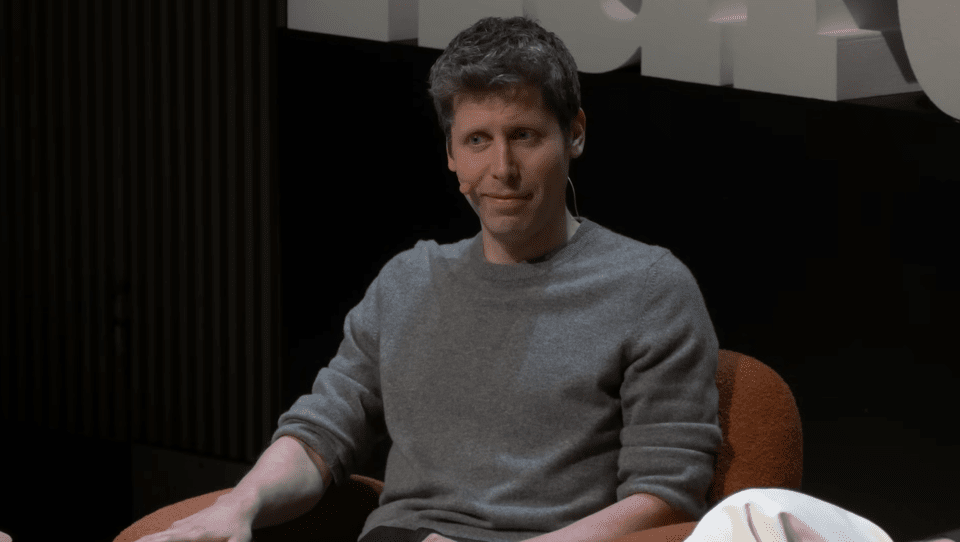OpenAI CEO Sam Altman has directly criticized The New York Times for infringing on user privacy. He claims that The New York Times has demanded the retention of all user communications, regardless of requests for deletion, in relation to a copyright lawsuit against OpenAI and Microsoft.
Altman appeared on the podcast ‘Hard Fork’ in San Francisco on June 25th, where he stated, “We cannot agree to The New York Times’ demand to indefinitely store all records, including conversations users have requested to be deleted.” He emphasized, “Privacy is one of the values we hold most dear.”
The issue originated from a copyright infringement lawsuit filed by The New York Times against OpenAI and its major investor, Microsoft, late last year. The Times claims that the two companies have been using its articles without permission for AI training, with OpenAI’s chatbot service reproducing The New York Times’ content almost verbatim or summarizing it without attribution, thereby competing with the original articles.

In March of this year, the U.S. District Court for the Southern District of New York decided to proceed with the lawsuit, refusing OpenAI’s request for dismissal. Subsequently, The Times sought all user conversation records held by OpenAI to gather evidence for the lawsuit. This includes records that users had requested to be deleted or used in ‘private mode.’
OpenAI typically maintains a policy of deleting user conversations within 30 days. Additionally, data is stored and transmitted in an encrypted form, with additional safeguards applied for corporate or educational accounts. Users also have the option to exclude their input from AI model training through settings.
However, there are concerns that if the court request is upheld, it may conflict with the ‘right to be forgotten’ principle under the European General Data Protection Regulation (GDPR), which emphasizes that users should be able to delete their data if desired.
Altman stated, “User privacy is both an individual right and a corporate responsibility,” further remarking, “Conversations with AI should be protected like personal consultations.” He added that a demand to indefinitely store user data is unacceptable and breaches privacy commitments.
This controversy highlights the growing conflict between AI companies and media organizations, now extending from technical issues to the sensitive topic of personal data protection. Multiple media outlets besides The New York Times have filed similar lawsuits against AI companies for comparable reasons.
OpenAI has reiterated its commitment to prioritizing user information protection. The outcome of this lawsuit is expected to set a significant precedent for future AI technology development and personal data regulation.